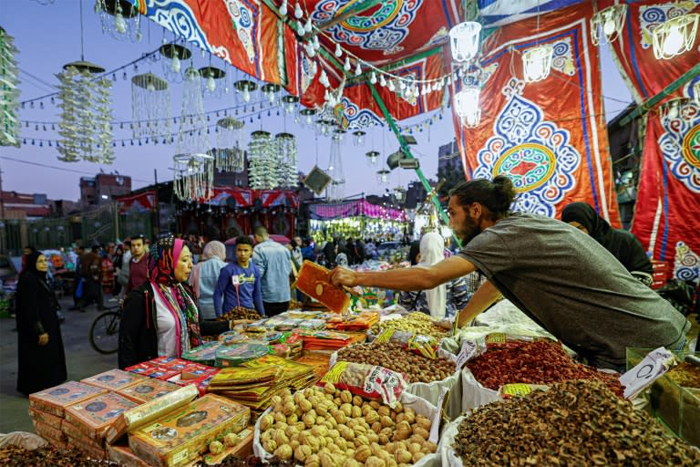(3 minutes read)
Egypt is in the grip of spiraling inflation as the annual rate goes up to 32.7% year-on-year, from 31.9% in February. Significantly, the country’s statistics agency said that month-on-month, urban inflation slowed to 2.7% in March from 6.5% in February, giving some relief to policymakers
Egypt is in the grip of spiraling inflation as the annual rate goes up to 32.7% year-on-year, from 31.9% in February. Significantly, the country’s statistics agency said that month-on-month, urban inflation slowed to 2.7% in March from 6.5% in February, giving some relief to policymakers.
The North African country has been facing higher inflation since 2022. An assortment of reasons contributed to the present state, such as currency devaluations, a dollar shortage, and consequent contraction of imports into the country. The devaluation of the currency was one of the conditions laid by the IMF for granting US$ 3 billion as a bailout package.
Read Also:
https://trendsnafrica.com/uae-emerges-as-the-top-trade-partner-of-egypt/
https://trendsnafrica.com/egypt-china-handhold-for-production-of-steel-for-exports/
https://trendsnafrica.com/world-bank-approves-a-new-country-partnership-framework-for-egypt/
The North African country has devalued its currency since March 2022. Devaluation was one of the conditions set by the IMF for granting the country a US$3 billion bailout loan. Ramadan-related high seasonal demand coupled with the impact of currency devaluation created havoc in the economy, particularly in the informal market. The raw material shortage also hiked up manufacturing prices. The inflation is inching towards the peak ever reached in July 2017 at 32.85%. Incidentally, inflation is inching towards Egypt’s highest inflation rate ever 32.952%, reached in July 2017. It also followed a currency devaluation advised by the IMF.





